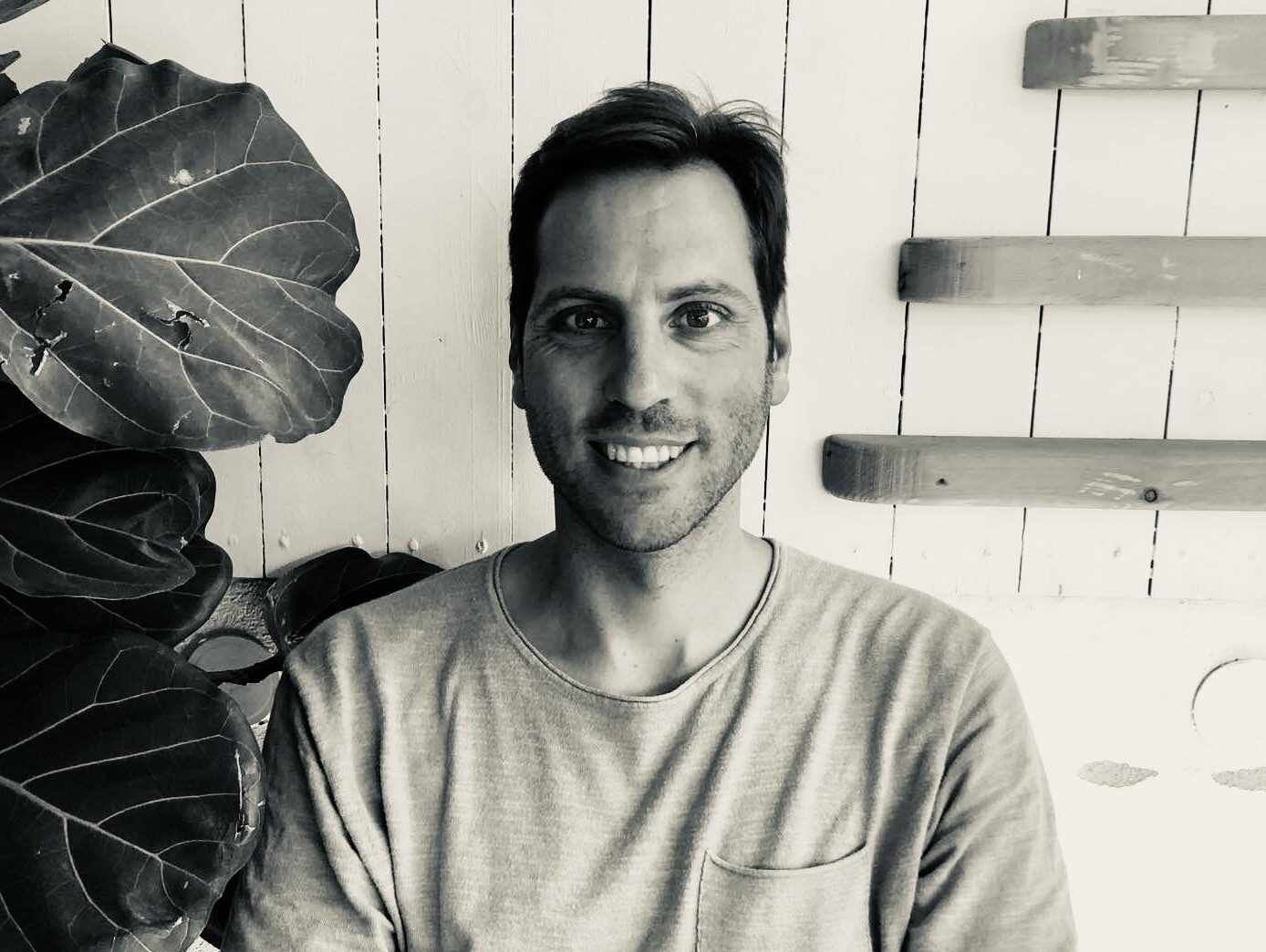
Dot Travel is a destination management company specialising in group travel, meetings and conferences, hotel contracting and more. Owner George Kokkiadis discusses the company’s evolution and why Greece is ripe for investment.
Q: How has your vision for Dot Travel evolved since taking ownership of the company?
Dot Travel used to be a family business in the past; I started working with them back in 2012. But since I took over the company as the sole owner, my basic strategy has been to focus on smaller, sustainable hotels that can be more automated and environmentally friendly. Another important initiative in the last couple of years was to push ahead with digital transformation. We have tried to adapt to the ‘new normal’ following the COVID pandemic – our main aim is to remain consistent for the market and for our B2B and B2C clients.
Q: How would you like to be perceived by travellers, investors and partners?
We would like to be seen as a trusted brand for authentic and high-quality experiences, both Greek and local. Nowadays, it is harder to be authentic, but we aim to provide international travellers with stays that reflect the local culture through cooking workshops, wine tasting or visiting local beekeepers. As for foreign investors and potential partners, we want to be seen as a forward-thinking, well-managed and reliable destination management company (DMC).
Q: What are the key packages and advantages for Dot Travel customers?
We try to create a tailor-made package. Three years ago, we started with the Unknown Cyclades, where we combined a tour of Syros, Serifos and Tinos. Nowadays, it is more accessible, but at that time, it was hard for clients to go there.
What we try to do is to create an experience through gastronomy, meeting farmers or walking through old towns on the islands. This is hard for individual tourists to achieve, especially for areas that have yet to be fully developed. Our main goal is to create packages for destinations that are less popular and harder to get to, such as the Lesser Cyclades, close to Naxos Island.
Q: How important is the German market to the success of Greek tourism?
The German market is extraordinarily strong, and in terms of revenue, it is one of the biggest markets. In addition, many travellers are becoming investors, not just in companies, but as individual owners as they invest in real estate and small houses. We are trying to explore collaborations with our current partners to connect clients with real estate companies in Crete, Athens and the islands to promote these destinations.
Q: How do you ensure memorable guest experiences, particularly at your proprietary Sea Breeze Hotel?
We have tried to focus on an elevated level of quality, quick turnaround and providing a holiday for those looking for a slower pace. We always try to be adaptable to changes in the market, and one of our biggest goals is to become sustainable. We try to recycle as much as possible and reduce the use of products and food waste whenever we can at the hotel. We also try to use electric or hybrid vehicles to reduce our carbon footprint.
Q: What are the opportunities for international partners and collaborators?
Dot Travel is consistently working on evolving. We started 20 years ago, and we are making plans for small city hotels. Apart from that, we are always keeping an eye out for new ventures and possibilities to upgrade our hotels regarding sustainability, but we are currently focusing on photovoltaic parks.
Q: Do you plan to repeat your 2022 sustainable incentive travel experience?
We would like to offer similar experiences, but the market is not there yet. However, in 2022, we had significant demand for sustainable tours because of sustainability conferences, especially those from the Belgian market. They were focused on replanting and adding value to farms that did not have supplies and could not afford to develop. It is something we would like to do again.
Q: How do you add value for customers through technology and innovation?
We try to automate all our services and minimise the use of paper. We provide links where all the components of our customers’ trips can be seen. We are also trying to apply AI technology for in-house operations. We often use it to make the information we provide more adaptive. It is also more accurate in terms of logistics and could be more accurate than maps.
Q: How have your experiences in the sector shaped your leadership style?
The ownership of the hotel gave me more exposure to the public. We are becoming more effective at finding customers because not all DMCs have reached that point. As for my studies, it gave me the fundamentals and practical experience that I now follow. The management of the team is not always easy, and I learn with them daily, but my education helped me understand how to run the business effectively.
Q: How do you plan to keep evolving the company in the coming years?
The vision I have for the company has yet to come to fruition. I read an article about hotels operating on up to 50% sustainable and green bases, and it is interesting for us. We would like to maximise our ability to be sustainable while providing high customer satisfaction. I am eyeing markets outside of Greece because they tend to be more forward-looking in terms of sustainability and ecotourism. We still have a lot to learn, and we are not ready 100% for it, so it is a challenge to see it as an investment for the company.
Q: Why should potential investors take a closer look at Greece?
Greece has a competitive environment for real estate with affordable operational costs. We also have a government that is incredibly supportive of investors. There are also a lot of opportunities in the digital and sustainability sector, too.

